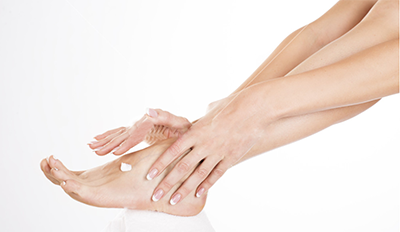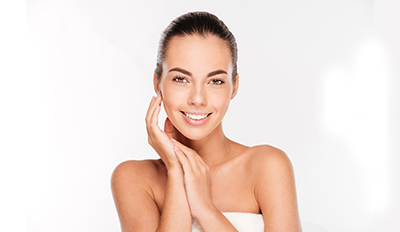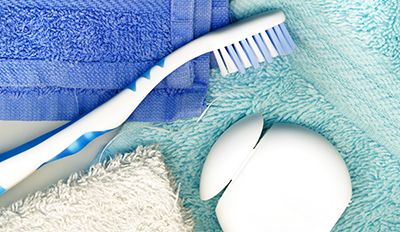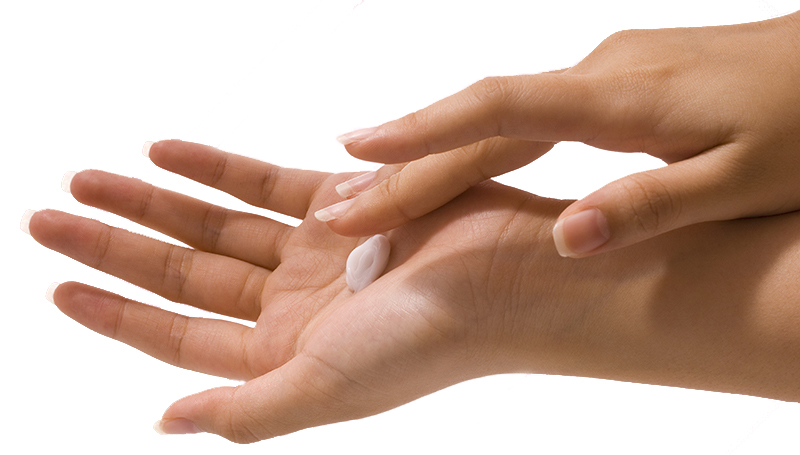Living with scleroderma
Living with scleroderma can be a challenge at first but we have put together some tips and ideas that will help you get started. It is important to point out that most of the tips included here have come from people with scleroderma. They will have experienced many different symptoms - some you may know about but others which may not be relevant to you. If you are unsure about anything you see, please check with your doctor to make sure that it is suitable for you to try. Above all, use your common sense.
Firstly it is worth mentioning the initial shock many people may initially have on diagnosis, when you first become aware of the implications of having scleroderma. It is a natural reaction to the discovery that you have an incurable disease, its potential impact on your appearance and life. And of course the fear of what might be to come. This is all completely normal!
Symptoms we may share
-
One of the things that all people with scleroderma share is the need to protect their largest organ: the skin. The simple advice there is to moisturise, moisturise, moisturise.
-
People with systemic scleroderma may also share poor circulation and suffer from secondary Raynaund's phenomenon and as such they share the need to stay warm.
-
Some may share poor mobility.
-
Most people will share pain at some time during the disease but for some this will be chronic.
-
Many others will have a problem with their bowel, their oesophagus, and other parts of their gut.
-
Many people will also share other medical problems.
What about the hands?
It is important to keep your hands warm, however, you should be careful not to touch radiators or hot water when your hands are cold as if they are numb and you have lost feeling in them, you may burn yourself. Many people with scleroderma become used to wearing gloves both inside and outside. Find a glove made of a material which suits whatever you are doing. They could be woollen, cotton, rubber, or contain silver. Make sure that you have gloves that are appropriate for cleaning and cooking as well as gloves for protecting your hands from the cold. Gloves are also useful for protecting your hands from trauma; try to avoid doing things that might break your skin or find a way to protect your hands.
Hand warmers are very useful. There are a huge variety on the market and while we do not recommend any particular one, try out different ones and find one that suits you.
If you are carrying shopping, try to carry shopping bags on your arms and not with your fingers to avoid restricting circulation to your fingers. Alternatively there are plastic carrier bag holders available on the market.
"Again, moisturise, moisturise, moisturise!"
Also think about hand wax.
Your feet
Moisturising is also very good for your feet. If you cannot reach your feet with ease, you could put some moisturiser into a bag and then put your feet inside the bag. It is also important to keep your feet warm. You can turn socks inside out so that seams will not exacerbate poor circulation, and it is possible to get aids to help with putting on socks and tights. It is important that you maintain good podiatry care and you should be able to get a referral to an NHS podiatrist. Insoles may also help, although there is no clinical evidence to support this as yet.

Moisturising is also very good for your feet. If you cannot reach your feet with ease, you could put some moisturiser into a bag and then put your feet inside the bag. It is also important to keep your feet warm. You can turn socks inside out so that seams will not exacerbate poor circulation, and it is possible to get aids to help with putting on socks and tights. It is important that you maintain good podiatry care and you should be able to get a referral to an NHS podiatrist. Insoles may also help, although there is no clinical evidence to support this as yet.
Your head and face
Learn to love a hoodie, especially on yourself. It is important to cover up, especially in winter so wear hoodies, hats and scarves. “Wear as many hats and scarves as necessary to cover every open bit of skin in winter”. Again, protect your skin with moisturiser - this applies to the whole body and also remember to protect your lips with lip balm or lip gloss. If your nose feels the cold, make sure it is covered with a scarf.

You can hide telangiesctasia with foundation and make-up and there is plenty to choose from on the market. Also, laser treatment may be available with a referral from your consultant. Good dental hygiene and mouth care is essential and it may be worth investing in an electric toothbrush. If you suffer from receeding gums, make sure that you always carry some dental floss or toothpicks.
Body and mobility
You need to look after your body. Apart from keeping warm and moisturising, think about exercise and physiotherapy. It is also important that you get enough sleep.
Also, make sure that you pace yourself. If you know that you are going to be busy, make sure that you make time both before and after to recharge your body. Most of all, listen to your body and take note.
Personal hygiene/bathing
If you have limited mobility, this can impact on your personal hygiene regime, although there are many products that you can now get to help you out. Getting in and out of the bath can sometimes be tough so it can be worth getting a bath chair or blow up bag to help out. A shower chair can also be helpful. A long handled brush or sponge can also help. It is worth using emollients if soap is too drying to your skin. For maintaining good oral hygiene, it is useful to use an electric toothbrush. You might find that a referral to an occupational therapist could help you.

Gut and bowels
Reflux can be a real problem for people with scleroderma. A good way to help reduce reflux problems at night is to place some blocks underneath the feet at the head of your bed so that the upper half of your body is elevated slightly above the lower half of your body, which helps reduce reflux that comes when lieing down. You can also help control reflux by eating little and often and it also may help to avoid eating late at night. It is wise to learn what foods may affect you and then to only have them as a treat now and then. If incontinence is a problem for you, it is worth making sure that you are prepared with a change of underwear and some pads.
Eating and food preparation
Remember to eat slowly and chew thoroughly. Also, cut your food into small pieces and ask for help if you need it. There are many more aids available today including cutlery with thicker handles.
Attitude
Last but by no means least comes attitude. Your life with scleroderma will very much depend on your attitude to it! So, remember:
- Don’t beat yourself up if you have a bad day.
- Positive thinking is essential, although we know sometimes it is not always possible.
- The importance of communication with family, friends and colleagues.
- Get out and about in the fresh air if you can and it's not too cold.

